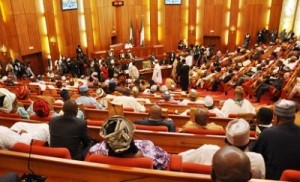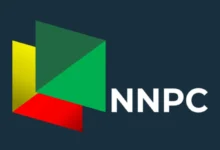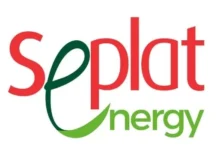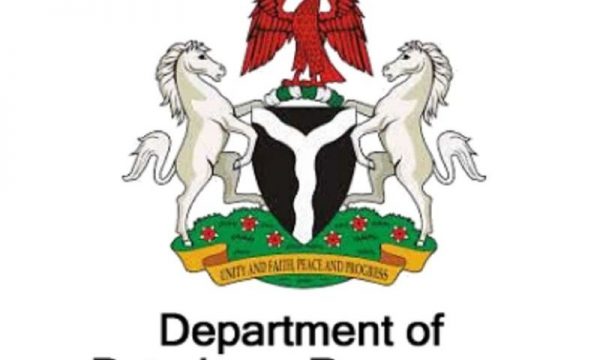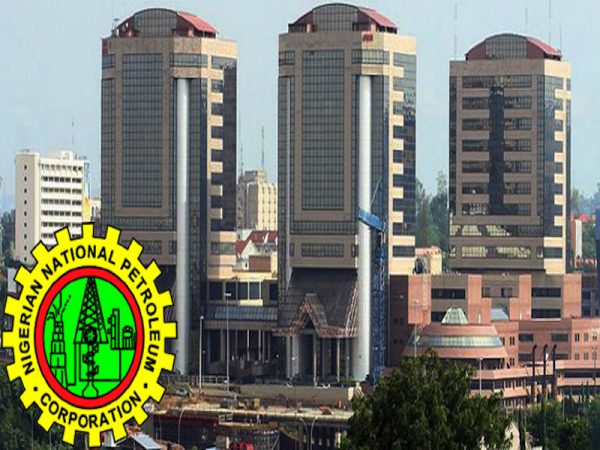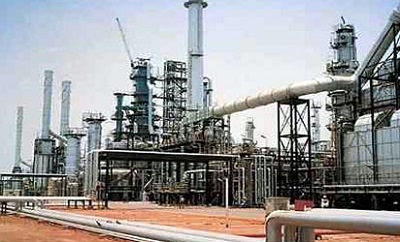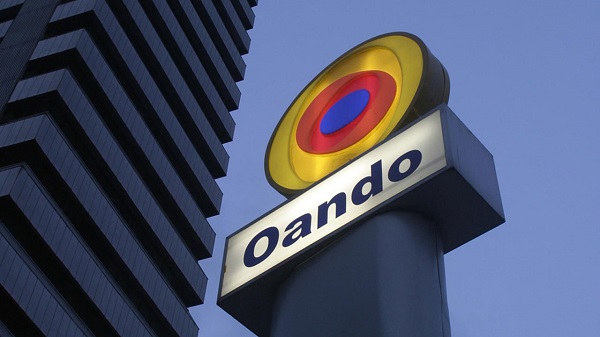Senate Begins PIB Legislation
The Senate has begun the process of passing the controversial and much awaited Petroleum Industry Bill (PIB) as the bill scaled first reading on the floor of the upper chamber. The bill was re-christened as Petroleum Industry Bill (PIB).
The first reading of the bill last week was the aftermath of the conclusion of its harmonization by both chambers of the National Assembly, thus marking the third time it would pass first reading in the Senate.
This came as the Senate also asked its Joint Senate Committee on Petroleum (Upstream and Downstream), Finance and Appropriation to immediately commence the investigation of joint venture cash calls by the Nigeria National Petroleum Corporation (NNPC).
Both the Senate and House of Representatives had recently harmonized a new draft of PIB and renamed it PIGB following a prolonged silence by the presidency on the bill as well as the continued agitation for its passage by the citizenry.
The National Assembly has been in the eye of the storm over its failure to pass PIB in two consecutive assemblies. Critics blamed the legislative institution for rampant and prevalent corruption in petroleum industry which they said the bill set out to salvage.
The increasing wave of criticisms over non-passage of the bill therefore compelled both Senate President Bukola Saraki and Speaker of the House of Representatives, Yakubu Dogara, to repeatedly urge President Muhammadu Buhari to present a new PIB to National Assembly.
But perceived indifference from Buhari to the presentation of a new bill in the face of persistent agitation from the public forced the National Assembly to take up the responsibility of drafting and harmonizing the bill.
The petroleum industry framework was first conceived by the administration of the late President Umaru Musa Yar’Adua and sent to the sixth National Assembly. But the failure of the sixth National Assembly to pass the bill compelled the immediate past government of President Goodluck Jonathan to re-present the bill to the seventh National Assembly.
However, the seventh National Assembly again failed to pass the bill as a result of stiff opposition from Northern lawmakers especially over the allocation of 10 per cent royalty to oil producing communities in the bill.
Northern lawmakers had opposed the provision of host community fund in bill on the ground that Niger Delta region where oil is domiciled had received more than enough benefits with little or nothing to show for it.
They therefore argued that the region did not deserve any further 10 per cent royalty provided in the bill.
The lawmakers who claimed that the Niger Delta region had secured more that N11 trillion from government’s treasury since 1999, further argued that besides the 13 per cent derivation earned by each oil producing state, the region also has the Niger Delta Development Commission (NDDC) and the Ministry of Niger Delta all created to facilitate development of the region.
While northern lawmakers insisted that the provision of host community fund must be expunged, their Niger Delta counterparts vehemently disagreed, thus resulting in a stalemate which led to the non-passage of the bill.
Besides, international oil communities (lOCs) also rejected the bill over insinuations that the bill imposed a huge tax regime on them which they said was at variance with best practices.
The new bill tagged: “An Act to Provide Governance and Institutional Framework for the Petroleum Industry and Other Related Matters,” re-christens PIB as Petroleum Industry Bill (PIB).
The new bill also renames Nigeria National Petroleum Corporation (NNPC) as National Petroleum Company (NPC). It also scraps the Ministry of Petroleum Resources and provides for a new one to be known as Ministry of Petroleum Incorporated (MOPI).
The bill also scraps Department of Petroleum Resources (DPR), Petroleum Products Pricing and Regulatory Agencies (PPPRA) and Petroleum Inspectorate (PI).


